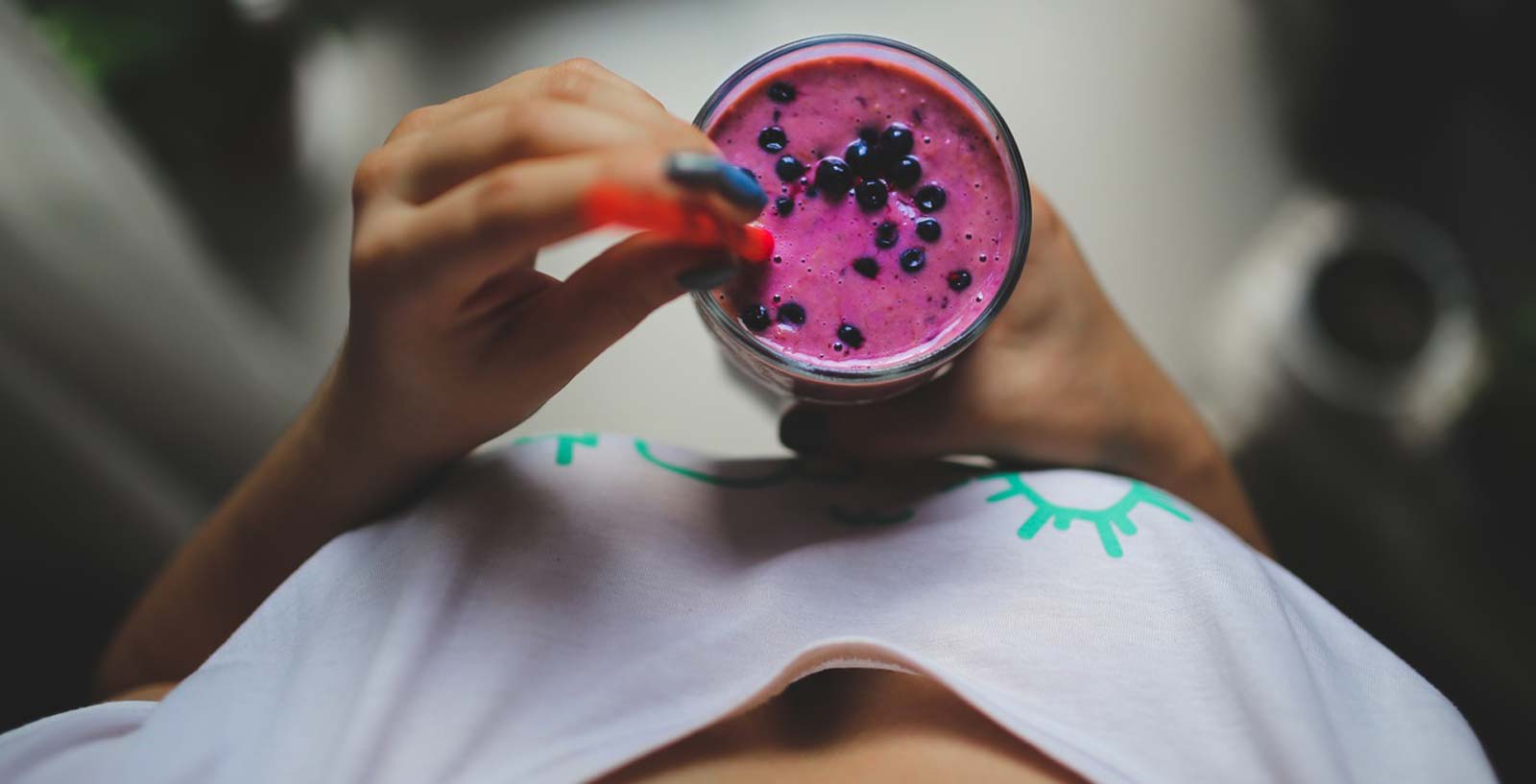Glands are located throughout various parts of the human body. These glands make up the endocrine system, which is responsible for the secretion of hormones. Unfortunately, in some occasions, something goes wrong with the hormone production in the body. Good thing there is hormone replacement therapy in California and other parts of the world! Through this treatment, the lacking hormones are administered to a person’s body.
What are Hormones?
Hormones are known as the chemical messengers that are secreted in the blood. They are then carried to organs and tissues of the body to exert their functions. There are many types of hormones, each with a different function and process. Some of these include:
|
|
Hormones are produced by the endocrine glands in the body. These glands are usually ductless so the hormones are pumped directly into the blood stream. Some of the major endocrine glands in the body include:
|
|
Hormones are released in microscopic amounts because it takes only tiny amounts to bring major changes in the body. A slight excess of hormone secretion can lead to diseases, as well as the slightest deficiency in a hormone.
 What are the types of hormones?
What are the types of hormones?
The following are some of the major hormones found in the human body and their functions:
-
- Epinephrine
Also known as adrenaline, epinephrine is secreted by the adrenal glands. This hormone is primarily used for medication for cardiac arrest, anaphylaxis, and superficial bleeding. Strong emotions, like fear and anger, cause epinephrine to be released in the bloodstream. This results in an increase of heart rate, muscle strength, blood pressure, and sugar metabolism.
-
- Melatonin
Melatonin is a hormone secreted by the pineal gland – a small gland in the brain. This hormone helps control the body’s circadian rhythm or the sleep and wake cycles. Since your body has its own internal clock, it controls how much melatonin it makes. Usually, melatonin levels rise in mid to late evening then drop in the early morning hours. Tiny amounts of this hormone can be found in foods such as meats, grains, vegetables, and fruits. You can also buy it as a supplement.
-
- Insulin
Insulin is a hormone made by the pancreas. This allows your body to use sugar (or glucose) from the carbohydrates in the food that you consume for energy. In some occasions, glucose is not utilized so it is stored in the body for future use. Insulin also helps keep the blood sugar levels from getting too high or too low, which are both dangerous for the body.
-
- Cortisol
Cortisol is often called the “stress hormone” because of its connection to stress response. However, cortisol is more than just a stress hormone. It helps control blood sugar levels, regulates metabolism, helps reduce inflammation, and assists with memory formulation. It also has a controlling effect on salt and water balance. In women, cortisol also supports a developing fetus during pregnancy. These functions make cortisol a crucial hormone to protect overall health and well-being.
All of these hormones are essential for the body to function properly. Without them, the body won’t be able to carry out tasks like digestion, sugar absorption, and even waking up.









